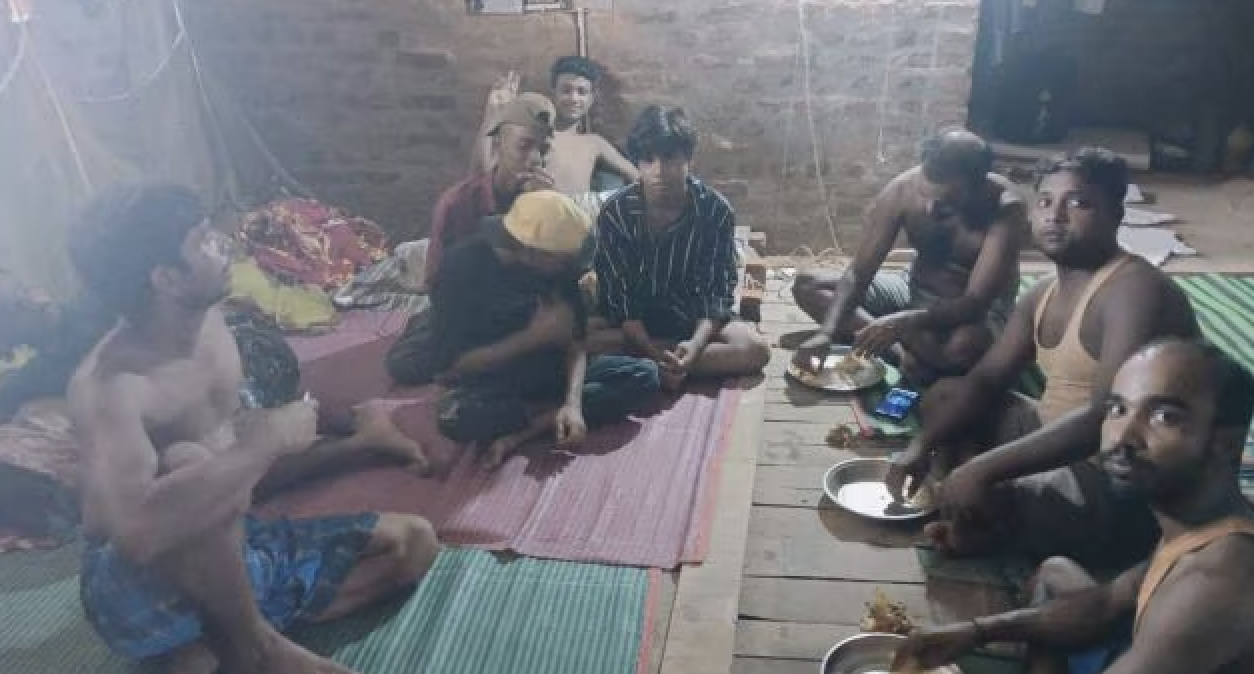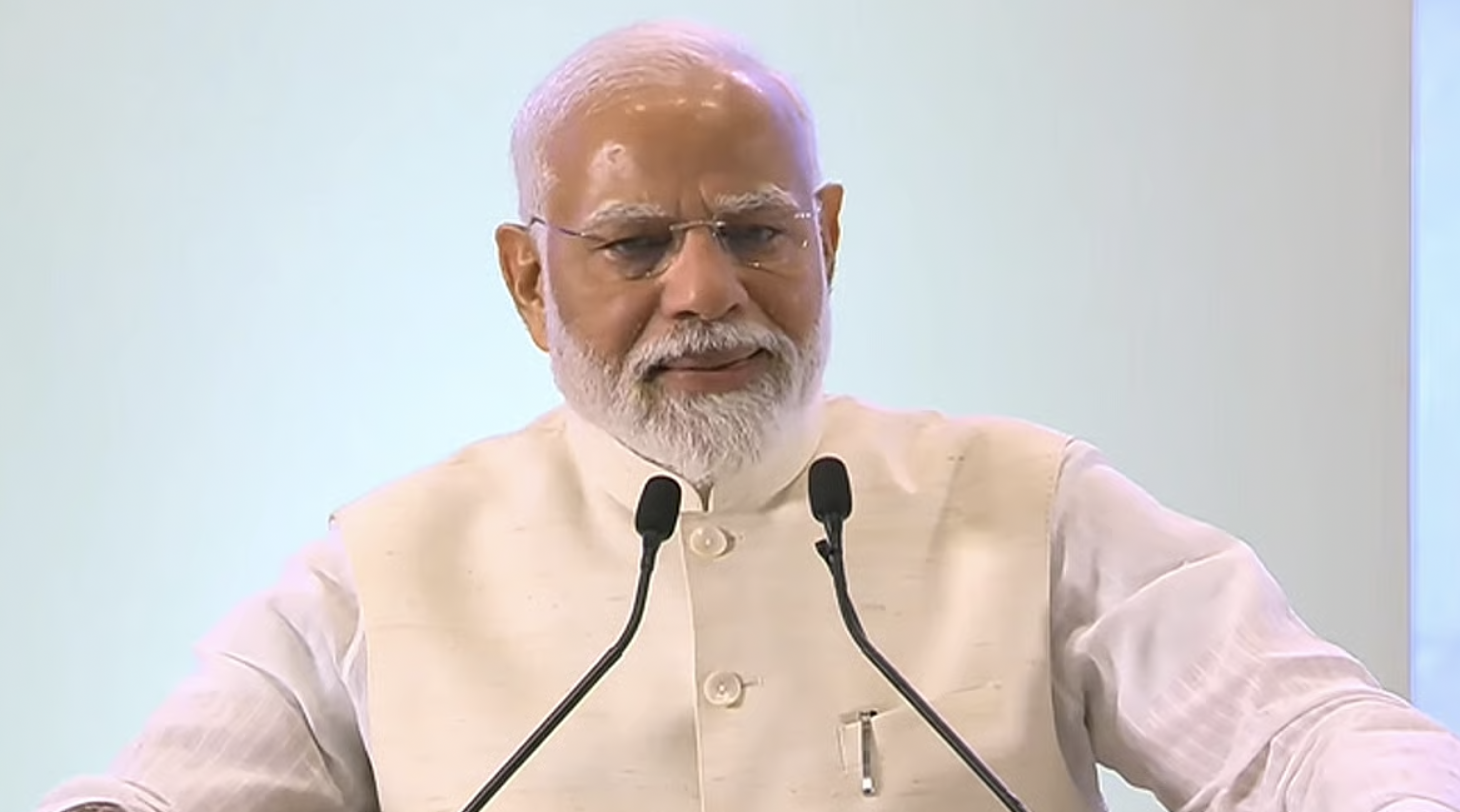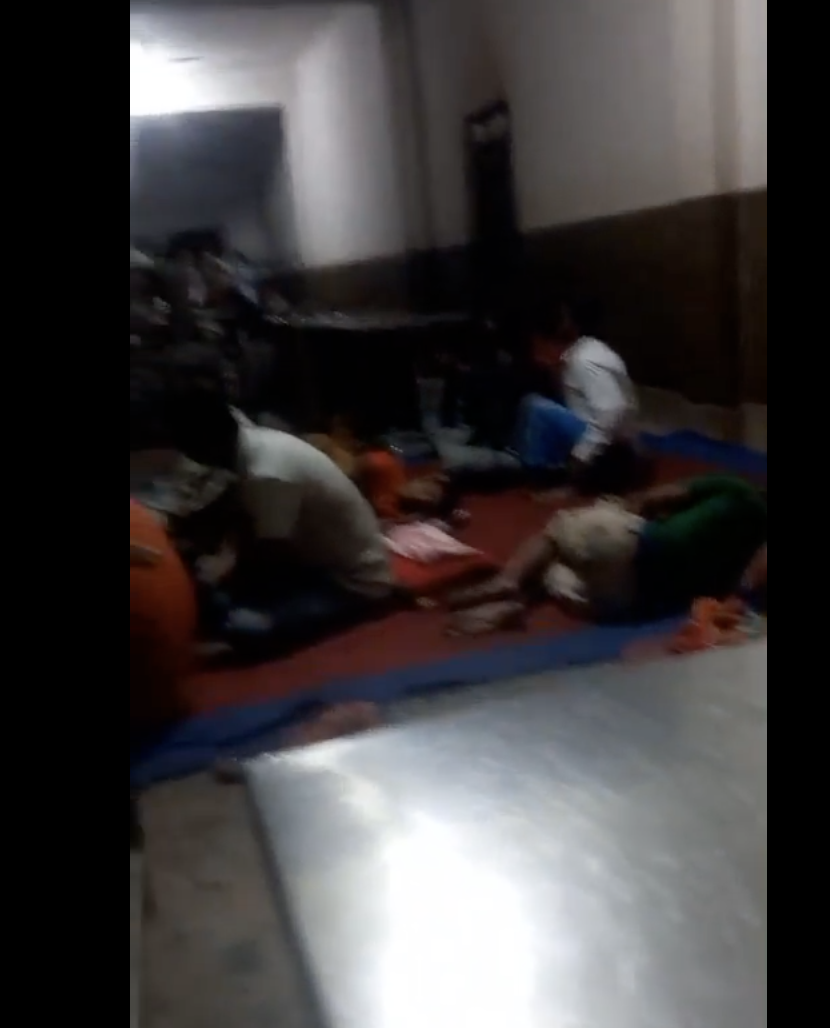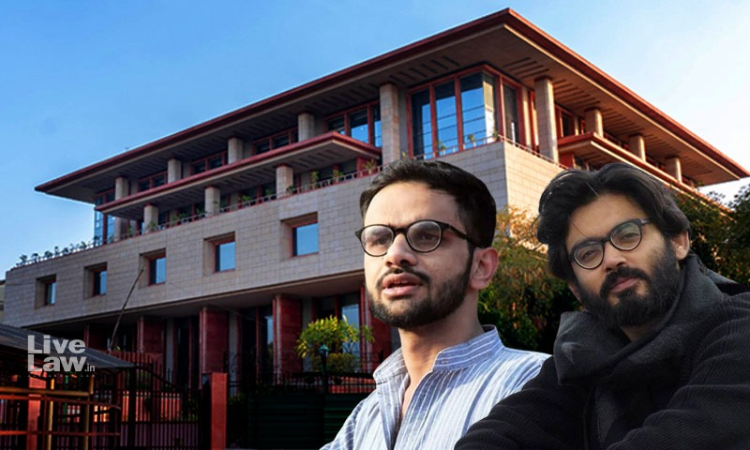
New Delhi: Thirteen people were arrested on charges of sedition over raising “azadi” slogans at Srinagar’s Jamia Masjid after Friday prayers, Jammu and Kashmir police said on Saturday.
The police said that the accused could be booked under the stringent Public Safety Act (PSA), and have indicated that more people are likely to be arrested.
Protests had broken out at the grand mosque on Friday after the first congregational prayer with some men allegedly shouting “azadi” and “anti-national” slogans.
“Yesterday afternoon, there were Friday prayers at Jamia Masjid and a huge number of people had gathered. After the culmination of the prayers, about a dozen persons started anti-national and provocative sloganeering,” a police spokesperson told Hindustan Times.
A case has been registered at the Nowhatta Police Station under the Indian Penal Code (IPC) sections 124A (sedition) and 447 (criminal trespass).
According to the spokesperson, heated words were exchanged between those raising the slogans and volunteers of the managing committee at the mosque who tried to stop them. “This created a ruckus inside the mosque, leading to clashes. Later, the hooligans were dispersed by the volunteers,” the spokesperson said.
After being closed for over two years because of the COVID-19 pandemic and the protests over the revocation of Article 370 in August 2019, Jamia Masjid opened for prayers only last month.
In a release, police said they had identified the 13 persons as being part of the group and charged them under Sections 124A (sedition), and 447 and 120 B (criminal conspiracy). “It also came out during the initial investigation that the accused in furtherance of a well-planned conspiracy had received instructions from Pakistani handlers of terror outfits to disrupt Friday prayers in Jamia Masjid and create a law and order situation by provoking the attendees. Thus Section 120B was also invoked in this case,” Indian Express quoted the police as saying.
This article first appeared on thewire.in






